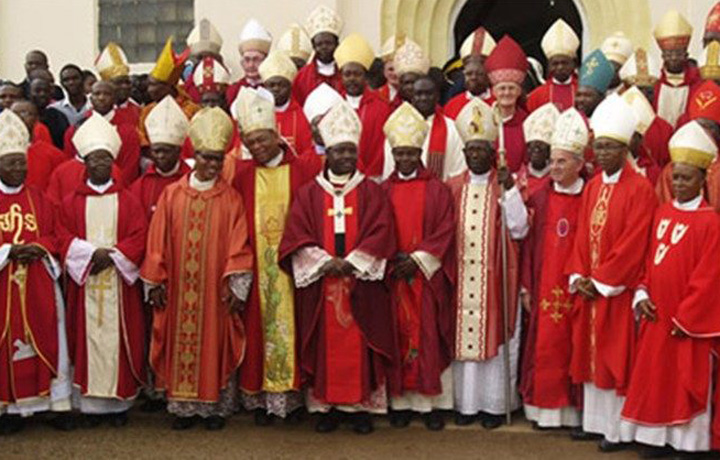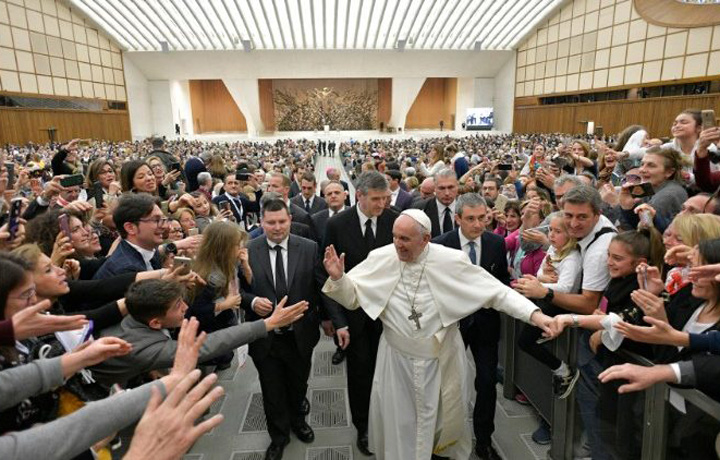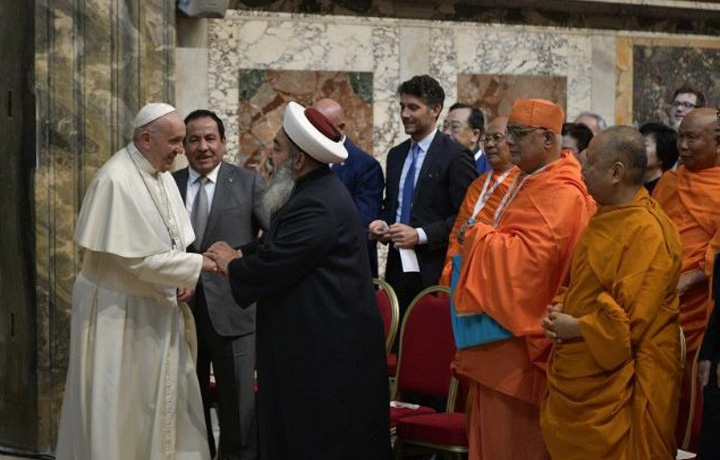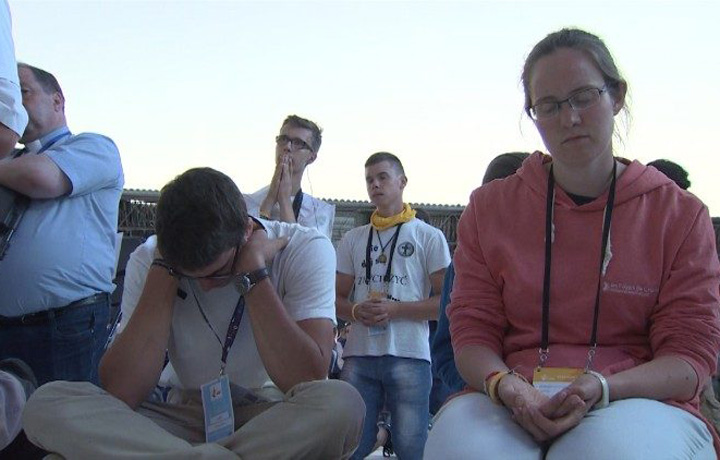Nigerian Bishops say terrorists and mercenaries have infiltrated

Nigeria’s Catholic Bishops have strongly condemned Tuesday’s attack on a Catholic Church and subsequent assaults on communities by suspected herdsmen. They described the attacks as “horrendous, barbaric and satanic.”
At least 19 persons including two priests were killed when suspected Fulani herdsmen opened fire at a Church in Ayar Mbalom community of Gwer East Local Government Area of Benue State, Nigeria.
Speaking to Vatican News in an exclusive interview, four Bishops of Nigeria’s Middle Belt described the attacks as, “horrendous, barbaric and satanic.” The herdsmen launched the deadly Tuesday attack on parishioners towards the end of early morning Mass.
Speaking to Fr. Paul Samasumo of Vatican News, in the presence of new President of the Catholic Bishops’ Conference of Nigeria, Archbishop Augustine Akubeze, the prelates say the unprovoked attacks on their people, have left them devastated. The four Middle Belt of Nigeria Bishops are Wilfred Anagbe, CMF of Makurdi Diocese; Peter Adoboh, the Bishop of Katsina-Ala; William Avenya, the Bishop of Gboko and Michael Ekwoy Apochi, the Bishop of Otukpo. The prelates observed that this was the second major attack after the one of New Year’s Eve when herdsmen killed 72 persons.
Terrorists have infiltrated herdsmen
The Nigerian Bishops are convinced that terrorists and mercenaries have infiltrated Fulani herdsmen. They wondered how these attacks could continue to happen in broad-daylight and perpetrators almost always never brought to account for their deeds.
“The government apparatus is completely, as it seems to us, helpless, dysfunctional or deliberately helpless and deliberately dysfunctional,” said Bishop Avenya on behalf of the other Bishops present.
The Bishops want the world to pay attention to what is happening
The Bishops say that the world needs to pay attention to what is happening in the Middle Belt of Nigeria where those under attack are predominantly minority Christians.
“The world is not hearing us. It started like this in Rwanda; the world did not hear. It started like this many years back in Germany. The world was deaf. This is what is happening to us, and the world needs to know that we are in trouble!” Bishop Avenya said.
IDP camps need humanitarian assistance
According to Bishops Peter Adoboh and Wilfred Anagbe, there was also the urgent need for clean water and humanitarian aid to the camps for the Internally Displaced Persons. As people flee attacks, several camps have sprung up in the Middle Belt.
“This area is predominantly rural, and the people who are there have no voice anywhere. If the Church cannot give them a voice, then we are in trouble. The Church is making efforts that they should be heard…this pathetic situation should be heard. The world should know that genocide is (beginning to happen against the) predominantly minority tribes in the Middle Belt and … in the north,” Bishop Avenya said.
Christians are people of the Resurrection
In the end, the Bishops said as pastors and shepherds they want to encourage the people, priests and religious not to lose hope. “We are a people of the Resurrection,” they said, “and we have hope.”
On Thursday morning, the Bishops of Nigeria met Pope Francis and reported to him, in person, on the state of the Church in Nigeria. The visit to the Vatican is a routine visit made by all Catholic Bishops, ideally every five years, in what is known as an Ad Limina visit or “Ad Limina apostolorum.” Ahead of such visits, Bishops are required to compile detailed reports about their respective dioceses, which provide a comprehensive insight into the state of the Church in their country. Along with seeing the Pope, the bishops also meet various dicasteries of the Holy See.
(vr/kmc)






